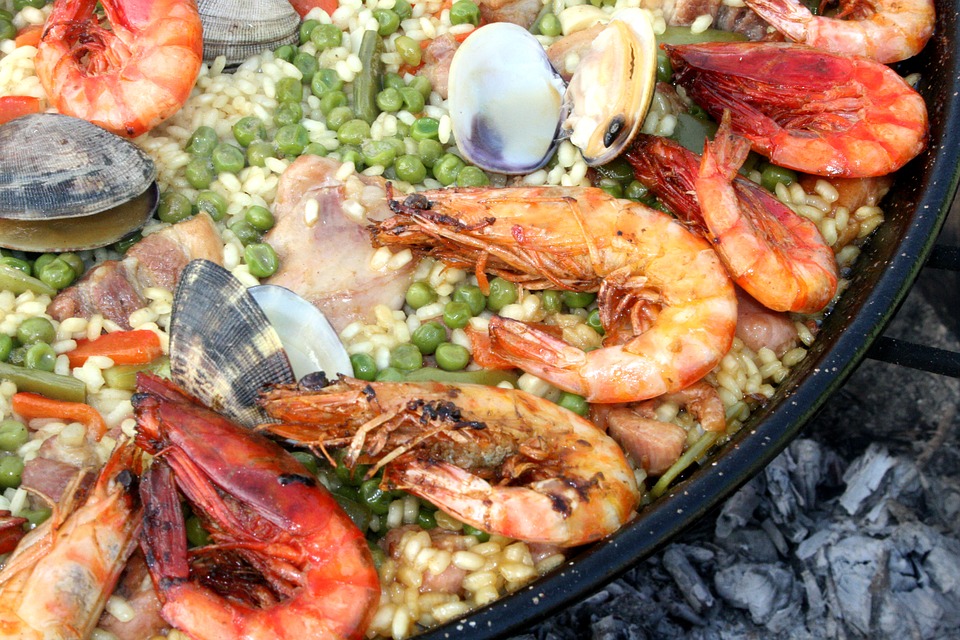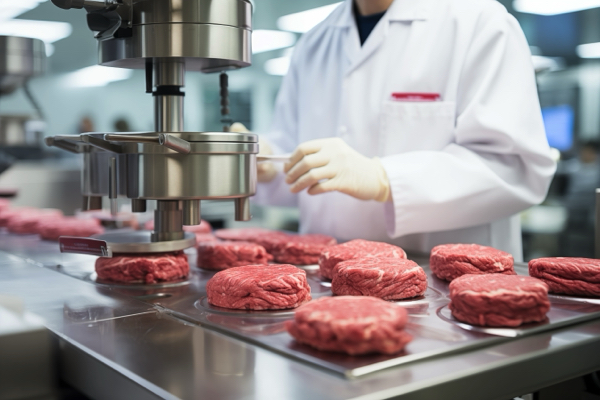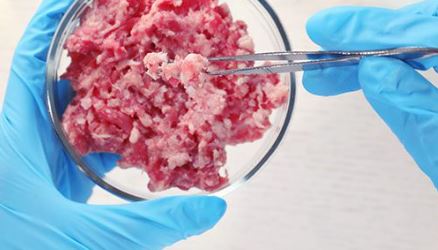
This fraud was discovered after DNA testing was performed on more than 600 seafood products by the Minderoo Foundation, which is based in the city of Perth in Western Australia. The study, published Aug. 3 in Nature, highlighted the serious problem with labeling and species substitution.
Compounded by a convoluted seafood supply chain with significant traceability challenges, seafood mislabeling and species substitution hinder efforts toward more sustainable, responsible and ethical fishing and business practices.
Researchers from the foundation conducted the largest evaluation of the quality and accuracy of labels for 672 seafood products sold in Australia. They assessed domestically caught and six seafood products from fishmongers, restaurants and supermarkets across seven of the eight Australian states and territories.
The products were divided into six groups, namely:
- hoki or blue grenadier
- prawns
- sharks and rays
- snapper
- squid and cuttlefish
- tuna
Customers unknowingly purchase threatened aquatic species
Shark and ray products had the highest occurrence of mislabeling of the seafood groups assessed at 35.9 percent, the study noted. The DNA barcoding analyses revealed that in 18 instances, products incorrectly labeled as "flake" – or to a lesser extent as "shark" – were in fact holocephalians (i.e., chimaera fishes). This raises concern as one-third of chondrichthyan species are listed on the International Union for Conservation of Nature (IUCN) Red List as threatened.
The study also recorded two mislabeling cases for "critically endangered" species on the IUCN Red List. These were spotback skate mislabeled as "stingray" and school shark mislabeled as "gummy shark." Similarly, pigeye shark – listed as "vulnerable" – was sold under the label of "flake" and mislabeled as "black tip shark."
Concealed under the label "shark," researchers identified the sale of five species that are threatened or of conservation concern, including the sandbar shark listed as "Endangered" and a smooth hammerhead, which may become threatened with extinction without close control of its trade according to Convention on International Trade in Endangered Species of Wild Fauna and Flora (CITES) and is listed as "Vulnerable."
These poor-quality labels had higher rates of mislabeling than species-specific labels and concealed the sale of threatened or over-fished taxa, as well as products with lower nutritional quality, reduced economic value or potential health risks.
There were a number of products labeled as "snapper" that were substituted at some point in the supply chain for lower quality or lower value species – suggesting economic incentives behind these substitutions. Similar substitutions for lower-value products were also detected in prawn and tuna products.
Researchers also recorded some substitutions of high-value products labeled as lower-value species – a way to maintain the perceived availability of a known product in case of supply issues, or simply an unintentional mis-identification.
They reported supermarket products to have the most specific labels and the lowest occurrence of mislabeling. Seafood from supermarkets is generally packaged, which can facilitate more detailed information. Conversely, restaurants had the highest mislabeling rates and the lowest specificity of product labels.
The study authors reiterated that verbal validation by seafood vendors, mostly possible at restaurants and fishmongers, should not be used as an alternative to written labeling. Vendor identification attempting to improve label specificity did not match DNA analysis nearly half of the time (45.3 percent).
They also noted that there were only four instances in which vendor validation would have shifted a product label from being wrong to correct, reinforcing the need for more specific and accurate written labels.
Mislabeling rates were higher for imported seafood at 14.6 percent than for domestic seafood products at 9.2 percent. Meaning, the existing framework for seafood import control is insufficient.
"Australians are increasingly aware of the need to protect our ocean from unsustainable fishing and want better information about the seafood on offer so they can be confident in their purchase," said co-author Emily Harrison, who works on ocean policies at Minderoo.
Dr. Chris Wilcox, another study co-author, said the results were timely as Canberra is mulling measures to prevent the importation of illegal, unreported and unregulated seafood. Strengthening seafood labeling regulations in Australia for both imported and domestic products is necessary to improve labeling quality and accuracy at the consumer end.
Wilcox added that overall, the research confirms the mislabeling rates in Australia are similar to other wealthy countries like the United States. (Related: What’s really in your seafood? Researchers find problems with mislabeling, fraud throughout the supply chain.)
"Consumers should be able to rely on the labels to represent what’s actually in the package. We wouldn't accept that in other products so we shouldn’t have to accept it in seafood."
Visit FoodScience.news for more stories like this.
Watch Gabor "Gabe" Zolna explaining what seafood fraud is in the video below.
This video is from the zolnareport.com channel on Brighteon.com.
More related stories:
Is the food in your pantry REALLY what it says it is, or are you a victim of FRAUD?
Italy’s top olive oil companies come under fire for defrauding customers with inferior oils.
Sources include:
Please contact us for more information.






















